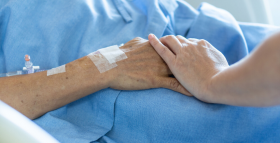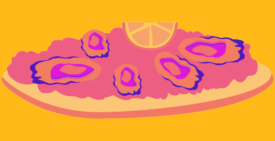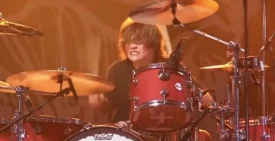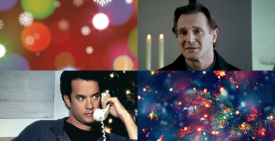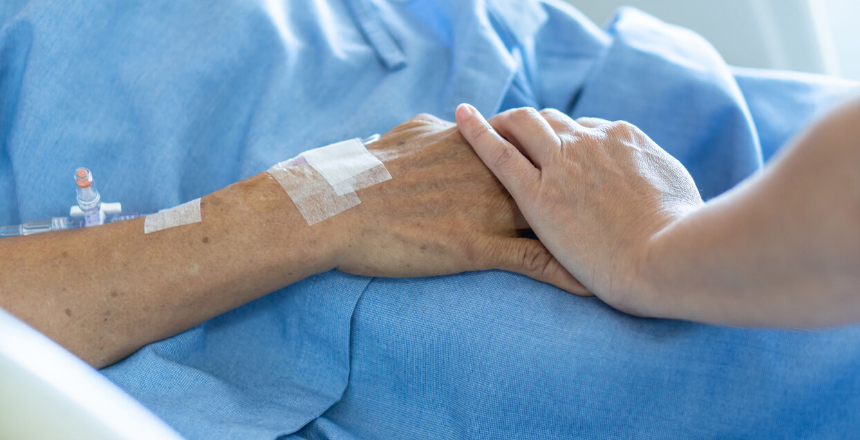
Six days ago, three women asked me to be part of a group of people helping to provide tablets to hospice units in hospitals impacted by COVID-19. Well, they didn’t really ask. They put me on an email string and set up a group phone call and then, they just went about planning to deliver twenty thousand smart devices to hospitals around America. I went along with it.
I was grieving in a way. I had just returned from Africa to a version of New York City that felt nothing like the one I had left just two weeks before. People stood in line outside my block for hours to get into Trader Joe’s. My coffee shops had closed. The man I am dating seemed to be drifting way. My work was an overwhelming overflow of newly introduced video chats. I felt frozen in uncertainty and confusion.
So, when they asked, I went along with them. I called people. I asked for donations. And, the entire time I had a feeling of subtle horror: I didn’t feel anything, really, for the people I was trying to help. I didn’t know anyone dying of coronavirus. I didn’t know anyone dying, period. I knew it was important to help but I felt emotionally vacant, as if awaiting orders for how to feel. So, when they told me to feel bad about this, I shrugged my shoulders and said I felt bad.
I played along for days. I listened to the stories of nurses and doctors whose patients died alone. I listened to stories of families grieving. Eventually, I started to understand that death without observation had nothing to do with the dying. It has everything to do with the death rituals that we have collectively developed to help the living.
The man I am dating reads obituaries. I didn’t understand until he explained to me that the best ones are not about dying, they are about testaments to living. The same is true of the final moments of one’s live: they are not about “crossing over.” They are about marking a life well-lived. And, in a moment, when the world feels in complete chaos, I started to understand how important it is to celebrate those who have lived lives close to us. Those who have knitted us sweaters and held our hands and wrapped arms around us as we wept.
Our death rituals play an important part in our grieving process. Being able to watch a loved one pass on provides a unique level of closure – so too, do funerals. This is particularly important when the death is unexpected or sudden. It is critical to individual health “to recognize the death of a close friend as a substantial experience, and to offer support and services to address this disenfranchised grief,” notes a recent study. The impact of sudden death can be paralyzing to an individual when times are good. And, times right now are not good.
The loss of the rituals of our daily existence have unmoored us. I used to walk into RoseWolf coffee every morning; the baristas would feed my dog a treat and talk about the day. I wonder every morning what they are doing with their day: are they sick, will they be there when the city re-opens? I used to go on dates with this wonderful man into the pulsing restaurants of the city and watch with amazement as he connected jokes and ideas and stories about things I’ve never heard of: will those joyful moments be there when the city re-opens? As I have lost these rituals, I have felt myself slowly unhinge.
I cannot replace my daily rituals now, but in the future, there is hope to repair them. When those around us die, we have missed the one ritual that is not repeatable, replaceable or replicate-able. I believe that the engulfing feeling we have of being unmoored now is increased and enhanced when confronted with sudden death. How do we grieve a death we cannot see, when we are also grieving the loss of our everyday existence?
When we are unable to grieve and to process emotions related to death, dying harms more than our lives, it harms the very fabric of our society. The rituals we have built around dying like funerals and shiva, are celebrations of life intended to help us process death – but more so to help the community understand how to keep living. And, that is actually the thing people most regret when they die: that they didn’t do enough in their life. They want to live more.
I am no longer pretending to feel bad. Bad is not a word that encapsulates my fear, sadness, grief and concern for the way coronavirus will ripple through all aspects of our society. Bad is too small. Bad is hollow. Bad does not even begin to touch on the lament I feel for the loss of moments of being alive. I feel stay-under-the-blankets-all-day, reach-out-for-you-in-my-sleep, pull-love-from-every-proffered-hand, cry-for-arms-that-can-hold-me and kisses-that-can-wipe-away-my-tears sorrow.
What we need right now is more reminders of life, more reasons to believe in the beautiful experience of living, more reasons to fight for the sort of dates or the coffee shop mornings that make you thrilled to be in this beautiful mysterious dance of being alive. To do that well, we need to see and recognize death: We need to be there as friends and family members die and we need to serve as watchers of their lives and extensions of their love.
If you feel able to support our mission, please consider a donation here, and learn more here. If your hospital or hospice is in need of devices, click here.
Kristina Libby is the Chief Science Officer at Hypergiant Industries and a seasoned technology executive with 15 years of experience in the industry.

